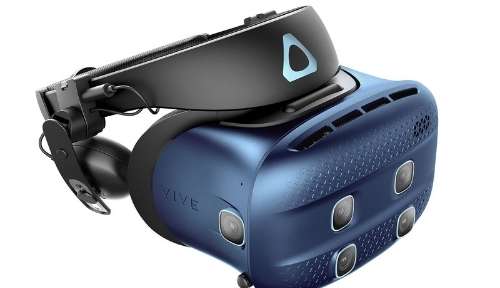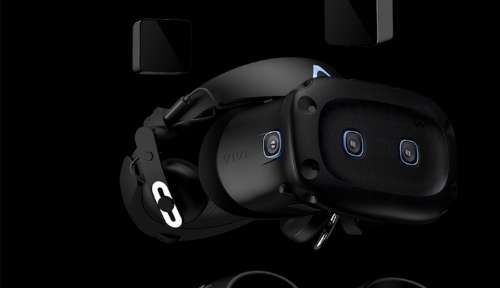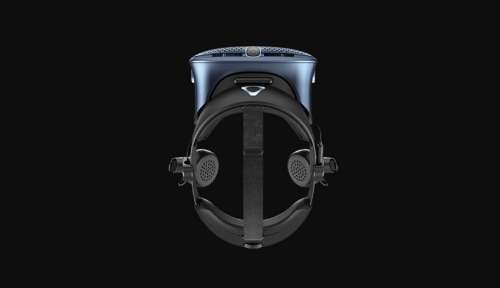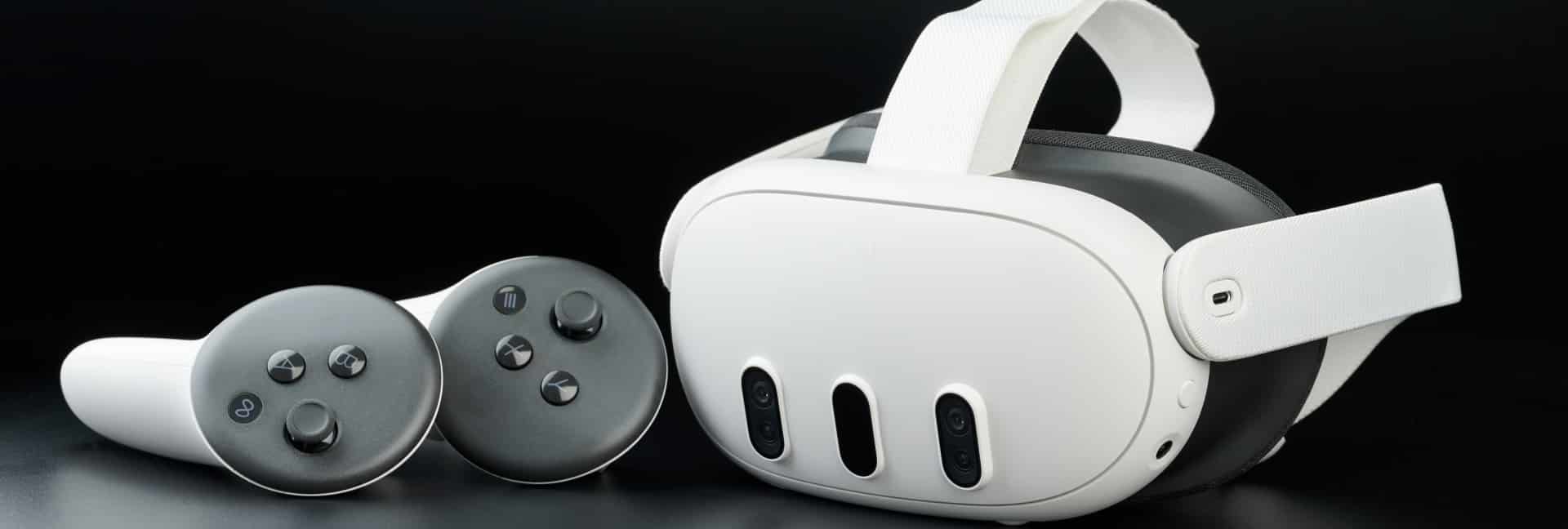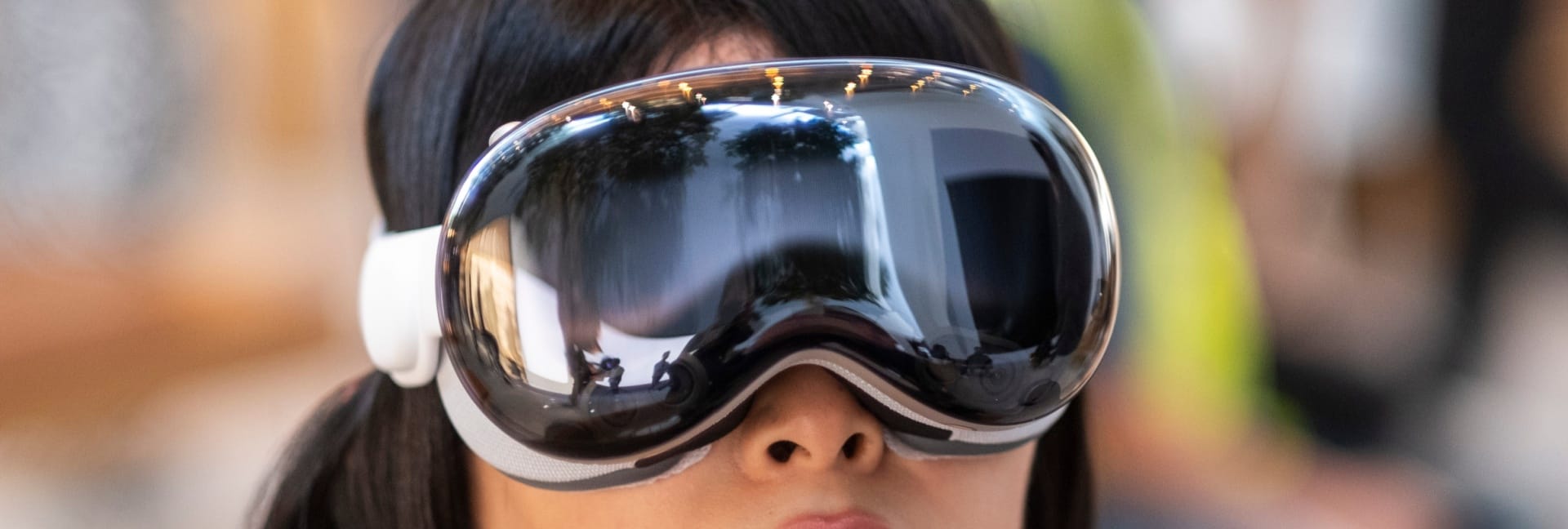![]() A major announcement for HTC was predicted, although it didn’t turn out quite as expected, at Alphabet Inc, owners of Google, acquired some 2000 HTC employees from the “Powered by HTC” team in exchange for a cash injection of $1.1 billion.
A major announcement for HTC was predicted, although it didn’t turn out quite as expected, at Alphabet Inc, owners of Google, acquired some 2000 HTC employees from the “Powered by HTC” team in exchange for a cash injection of $1.1 billion.
It was both a surprise and surprisingly conservative, given that rumours were rampant that Alphabet Inc were planning to outright buy HTC, similar to how they had bought Motorola. Other than the employees moving to Google and some of the intellectual property surrounding Pixel, HTC still own what remains of their smartphone business as well as rights to the Vive VR headset.
Quietly Brilliant to Quietly Sinking
This cash injection will hopefully bring some good news to the struggling HTC Corporation, who saw a smartphone share that made them second only to Apple reduced to less than a percent, as rapid competition from China on the low end of the market and a disastrously ambitious attempt to enter the high end dominated by Apple and Samsung led to mounting losses, losses that did not appear to be disappearing any time soon.
On top of struggling in the Smartphone business, HTC’s somewhat questionable acquisitions along the way, from underselling the value of the popular Beats Electronics line of headphones to massive investment in cloud gaming service OnLive, a service that folded catastrophically.
While the cash injection is a good thing, this is a deal that very much benefits Google more than HTC.
What the Sale Means for VR
What this actually means for VR, what VRS is all about, is a little different depending on if we are talking about Mobile VR or Tethered VR.
For Tethered VR, right now nothing changes, so long as the agreement with Valve remains the same. With the Vive, HTC are indeed a market leader, but currently tethered VR is expanding at a slower rate than HTC perhaps need, which is a massive success as soon as possible. The other, more concerning issue is that the Vive is a benchmark model for SteamVR. The nature of the system is that anyone could create something similar and Valve owns the important IP regarding it, which could, if Valve wanted, render HTC’s “Vive” team redundant in a heartbeat. This lack of IP may be part of why Google didn’t buy the Vive division (or HTC outright). Right now, Valve’s partnership severing doesn’t seem likely, but it’s another worry in a long line of concerns for HTC.
For Mobile VR, this could be the start of Google moving even further in the direction of hardware development than they did when they purchased Motorola outright in 2011. The Pixel is the benchmark phone for Google’s VR and AR ambitions, Daydream and Tango respectively, and so by getting all the talent that created the 2016 Pixel and smaller 2017 Pixel, Google may be looking to taking their mobile development in house, which could have a huge impact on future development of Android, of Tango and of the Daydream project.
It is an interesting time for VR, in the mobile and tethered space, and the purchase affects VR more in what didn’t happen or what could have happened. As we gear up towards the launch of more HMDs, cheaper ones, ones with inside-out tracking, mixed reality and an ever greater push towards mainstream VR use, time will tell to see if Google made the right choice, or should have pushed further.

